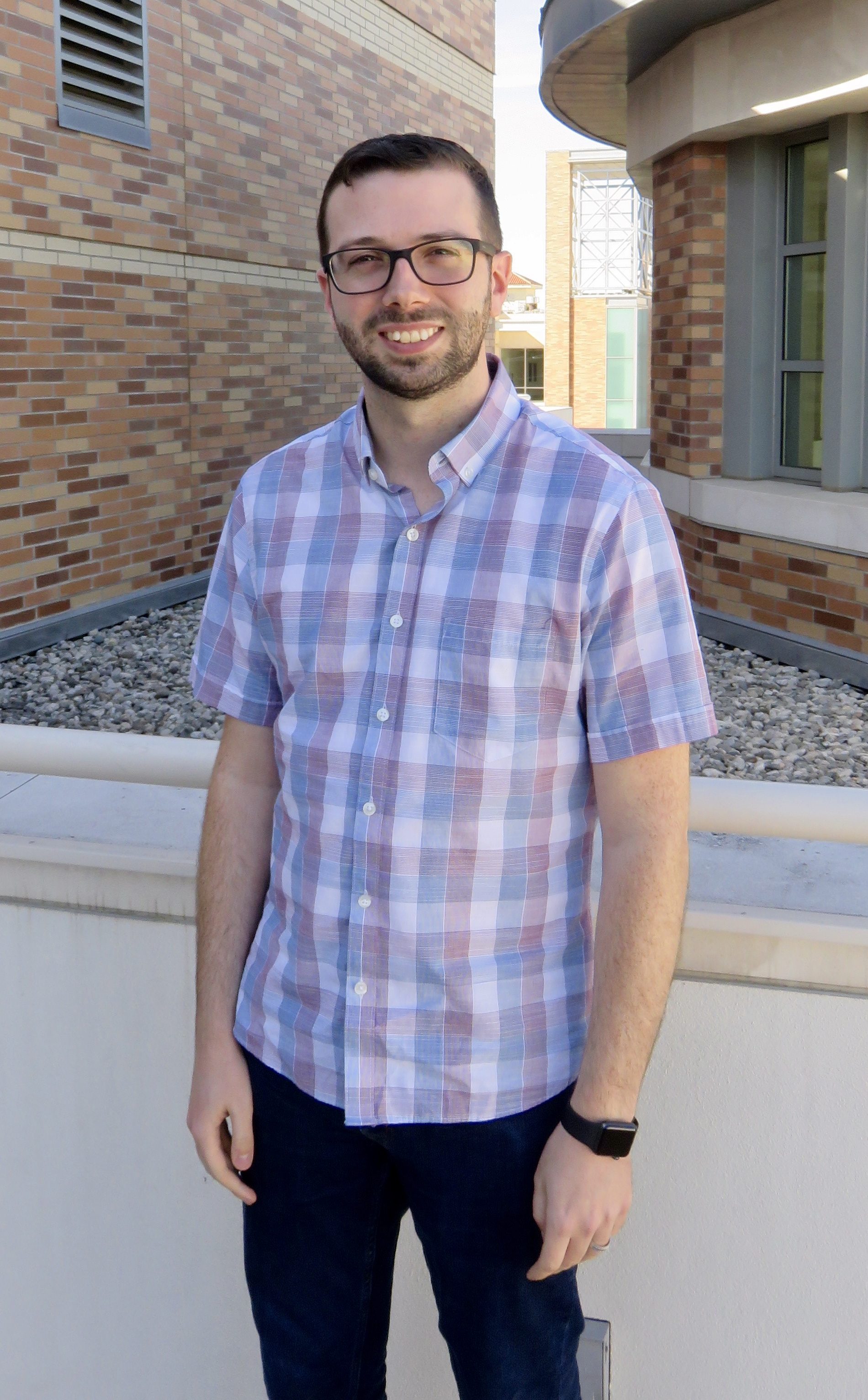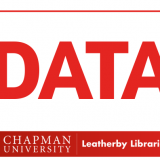My Librarian’s Favorite Resource(s): Psychology
February 18, 2021
Our journey through the “My Librarian’s Favorite Resource(s)” blog series continues this week with David Carson, who serves as our Brandman University Distance Education Librarian and subject liaison librarian for Psychology. In addition to his librarian duties, David is a member of the LGBTQIA+ Staff & Faculty Forum at Chapman University.
David wrote to us about his top choices for psychology resources: “I have the privilege of supporting the psychology students and faculty of the Crean College of Health and Behavioral Sciences. Psychology students at Chapman University are a joy to work with, and it is always fascinating to learn what research students are doing (often in collaboration with our fantastic faculty!). Whether you are just starting your studies in PSY 101 or are working on your senior thesis/project, the databases below have something to offer you.
- PsycINFO (https://chapman.libguides.com/psycinfo)
- If you’re looking for peer-reviewed journal articles and studies, PsycINFO is my first choice of where to go. You’ll find full-text articles from high-quality journals published by the American Psychological Association (APA) as well as abstracts from over 4.5 million journal articles, book chapters, and dissertations. PsycINFO has robust search filters that can help you quickly narrow down results by methodology, age group, and more. Aren’t sure what terminology to use in a search? Look it up in the built-in APA Thesaurus!
- PsychiatryOnline (https://chapman.libguides.com/psychiatryonline)
- This resource is handy for one big reason: it has the Diagnostic and Statistical Manual of Mental Disorders, Fifth Edition (DSM-5) available for you to read online! You can also access previous editions of the DSM and other volumes in the DSM Library.
- Counseling and Therapy in Video (https://chapman.libguides.com/counseling_and_therapy)
- Counseling and Therapy in Video is a fascinating collection of both actual and reenacted therapy sessions. You can use this resource to study and observe various methods and approaches, including cognitive behavioral therapy (CBT), mindfulness-centered therapy, and narrative therapy, to name a few.”



